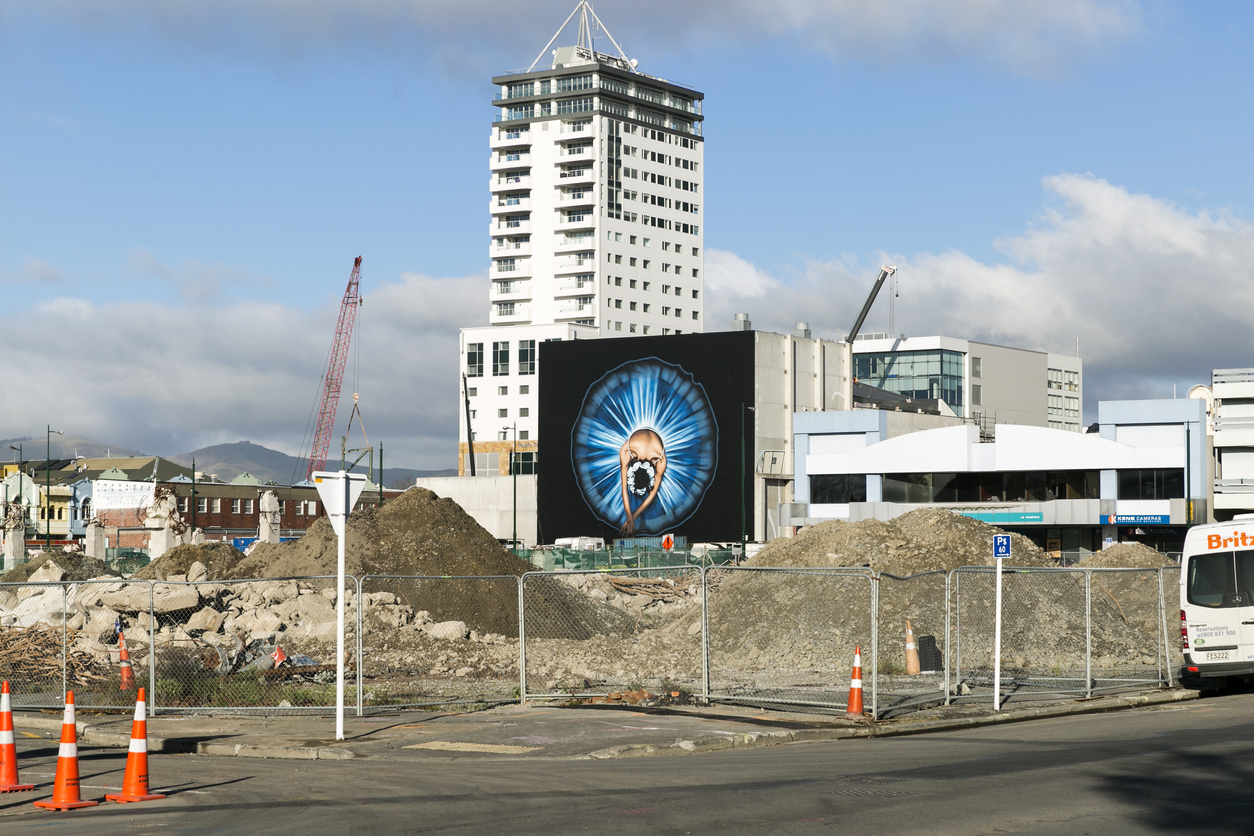The Canterbury earthquakes had widespread adverse effects on mental health, according to a new review.
University of Otago researchers reviewed 20 studies examining the impacts of the earthquakes and most found adverse effects. The researchers noted that while support services such as free counselling exist, New Zealand’s public health services are already under strain and even small increases in demand may result in a considerable extra burden for health workers.
The research was published today in the Australian and New Zealand Journal of Public Health – the SMC gathered comments from experts independent of the study.
Dr Ian de Terte, senior lecturer, clinical psychologist, Massey University, comments:
“The Canterbury earthquakes occurred in 2010 and 2011. There were four major earthquakes and over 10,000 aftershocks. The earthquake in February 2011 was extremely distressing for the people exposed to this event, in particular, it resulted in fatalities, major injuries, and damage to property. Furthermore, the continued aftershocks were disconcerting for the residents of Christchurch. There is some evidence to suggest that people may experience psychological discomfort from these events. It is therefore important that we understand the psychological distress from events like the Canterbury earthquakes especially with the mosque attacks that occurred on 15 March 2019.
“There are various factors that may impact on why an individual may or may not have a psychological reaction to such an event. However, it is extremely important to remember that there is no answer as to why some people have psychological difficulties post an event of this nature and some do not. A number of studies were undertaken post the sequence of earthquakes in Christchurch. It was established that there was an increase in psychological distress in people who had been exposed to the Canterbury earthquakes. Prior evidence suggests that typically there is a greater presence of distress in people who had greater exposure to such events. This same relationship was established in studies of individuals who had been exposed to the sequence of earthquakes in Christchurch.
“Probably the most important strategy that was implemented in Christchurch after the earthquakes was free access to counselling. It is difficult to measure the impact this strategy would have accomplished but some normalising of events by counsellors is extremely powerful. I believe if this strategy had not taken place then mental health rates would have been greater.
“It is also important that individuals exposed to such events are compassionate to themselves, utilise their own adaptive coping strategies that they have used previously (e.g., support from neighbours), and if they require assistance they should seek it. I trust that a strategy like free counselling will be instigated for the people that were involved in the tragic events of 15 March 2019.”
No conflict of interest.
Dr Sarb Johal, consultant clinical psychologist in private practice, comments:
“The repeated nature of the challenges associated with the Canterbury earthquake sequence was unusual in that it was made up not only of the earthquakes themselves, but was also followed by the potential cumulative impact of the secondary stressors that people lived with for years. Some continue to do so. The fact that this thorough systematic review finds that the Canterbury earthquake sequence was associated with widespread, but not universal, negative impacts on mental health fits well into our evolving understanding of the impacts of disasters on mental health.
“The paper also demonstrates the continued need to support high-quality research in New Zealand. I note that 35 per cent of the relevant research that met criteria for inclusion in the review was deemed to be of ‘high quality’. This high-quality research was characterised by large sample numbers and /or being part of a larger programme of research using repeated measures or longitudinal designs. Without timely high-quality research to inform potential policy formulation as well as public mental health and front-line interventions, we risk missing opportunities to reduce the impacts of disasters when they occur. We must press on with strategic investments in high quality, New Zealand-based research to understand our unique hazardscape and its potential and actualised consequences for all of New Zealand’s communities.”
No conflict of interest.
